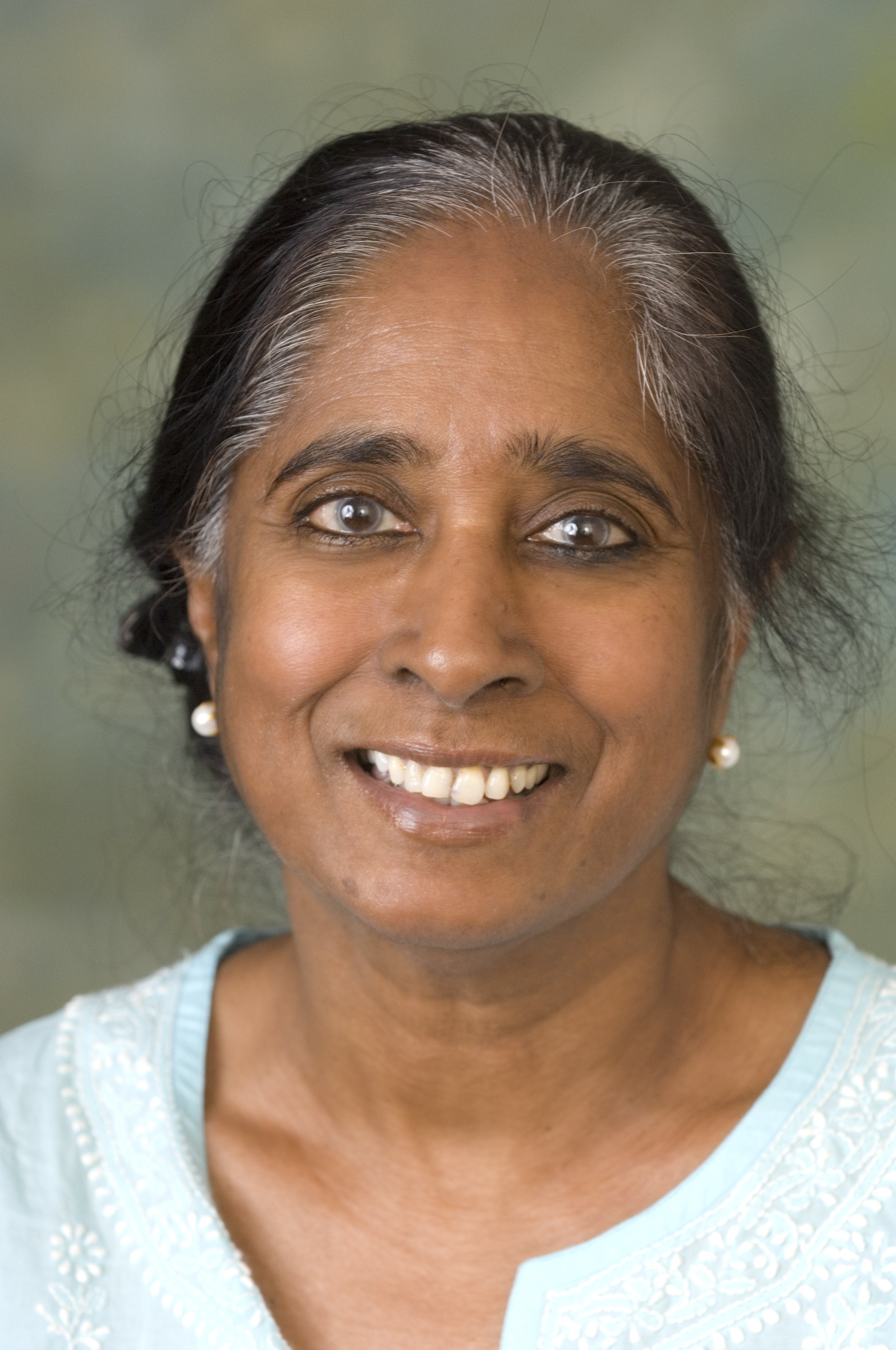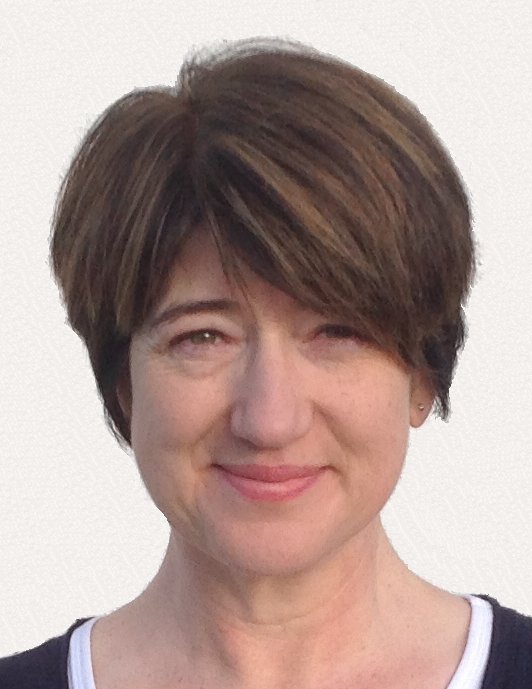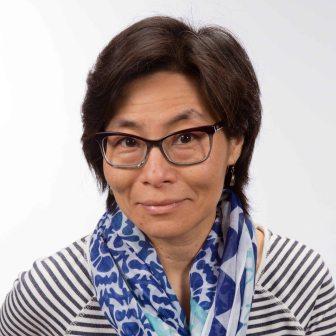-
Courses

Courses
Choosing a course is one of the most important decisions you'll ever make! View our courses and see what our students and lecturers have to say about the courses you are interested in at the links below.
-
University Life

University Life
Each year more than 4,000 choose University of Galway as their University of choice. Find out what life at University of Galway is all about here.
-
About University of Galway

About University of Galway
Since 1845, University of Galway has been sharing the highest quality teaching and research with Ireland and the world. Find out what makes our University so special – from our distinguished history to the latest news and campus developments.
-
Colleges & Schools

Colleges & Schools
University of Galway has earned international recognition as a research-led university with a commitment to top quality teaching across a range of key areas of expertise.
-
Research & Innovation

Research & Innovation
University of Galway’s vibrant research community take on some of the most pressing challenges of our times.
-
Business & Industry

Guiding Breakthrough Research at University of Galway
We explore and facilitate commercial opportunities for the research community at University of Galway, as well as facilitating industry partnership.
-
Alumni & Friends

Alumni & Friends
There are 128,000 University of Galway alumni worldwide. Stay connected to your alumni community! Join our social networks and update your details online.
-
Community Engagement

Community Engagement
At University of Galway, we believe that the best learning takes place when you apply what you learn in a real world context. That's why many of our courses include work placements or community projects.
Gender, Globalisation and Rights (MA, FT or PT)
Course Overview
The MA in Gender, Globalisation and Rights is a flagship programme of the Centre for Global Women’s Studies at University of Galway. It offers a unique opportunity for in-depth study of the gender dimensions of globalisation and global issues, through an interdisciplinary programme that combines the fields of: gender and women’s studies, international development, human rights, and peace and conflict studies. Students acquire the theoretical, conceptual and practical tools needed to apply a gender perspective and undertake gender analyses in relevant domains of practice and employment at local, national and international levels, as well as for advanced research at doctoral level and beyond. In addition to modules on globalisation, development, human rights, gender and feminist theory, health and sexuality, women in agriculture, historical perspectives, and peace and conflict, skills-based modules are offered in research methods, applied gender analysis and empowerment. Students also have the opportunity to undertake an accredited, two-month professional placement with a relevant organisation working on issues related to programme themes.
Applications and Selections
Applications are made online via the University of Galway Postgraduate Applications System.
Who Teaches this Course
- Dr. Anne Byrne, BA NIHE, Ireland, MA (Sociology) NUI Galway, PhD (Sociology) University of Limerick.
- Dr. Aine Macken-Walsh, BA (NUI Galway), MA, University of Padova, Italy, PhD (Sociology) University of Galway.
- Dr. Eilis Ward, BA (Political Science and Sociology & Philosophy) NUI Galway, MA (International Relations) Northeastern University (Boston, Mass., USA), PhD (International Relations), Trinity College Dublin.
- Dr. Una Murray, B. Ed (St Patricks College, Drumcondra), MA (Development Studies) University of East Anglia, PhD (Development) University College Cork, MII Graduate (Irish Marketing Institute).

School of Political Science &
Sociology,
NUI Galway
View Profile

Aras Moyola
School of Political Science and Sociology
View Profile
Requirements and Assessment
Assessment is continuous, based on class participation, project work, in-class presentations, final essays, placement-related tasks and an independently researched minor thesis.
Key Facts
Entry Requirements
(Please visit this website for detail of any supporting documents that may be required when applying to this course.)
Additional Requirements
Recognition of Prior Learning (RPL)
Candidates who do not meet the minimum entry criteria are encouraged to contact the Programme Director to discuss eligibility under the Recognition of Prior Learning (RPL) process. Further information is available from the Programme Director and on the University’s Recognition of Prior Learning website.
Duration
One year, full-time; two years, part-time
Next start date
September 2024
A Level Grades ()
Average intake
15
QQI/FET FETAC Entry Routes
Closing Date
Please view the offer rounds website.
NFQ level
Mode of study
ECTS weighting
90
Award
CAO
Course code
MA-GGR
Course Outline
Core modules
- Gender, Women and Human Rights
- Feminist and Gender Theorising
- Gender Perspectives on Globalisation
- Research Methods and Methodologies
- Research Workshops
- Research Paper
- Development and Human Rights
- Field-based Learning (EU/Ireland)
- Gender, Sexuality and Global Health
- Women, Conflict and Human Security
- History and Narrative in Gender Research
- Applied Gender Analysis
- Professional Experience (placement)
The MA involves completion of 90 credits (ECTS) including a minor dissertation (30 credits). Two modules (10 credits each) examine the gender dimensions of globalisation and human rights respectively, including in-depth discussion of key concepts and practice, and initiatives to advance gender equality, in each domain. A third 10-credit module introduces students to major debates in gender and feminist theory. A module on research methods is also completed (5 credits). In addition to these core modules, students choose 25 credits from a range of options including the professional placement module (10 credits) and/or a selection of 5-credit options including: Applied Gender Analysis; Women, Conflict and Security; Historical Perspectives on Women and Gender; Sexuality and Global Health Crises; Human Rights and Development; and Women in Irish Agriculture. Practical workshops are offered throughout the year to strengthen academic research and writing skills and other aspects of professional development. Modules are assessed on the basis of final essays, learning journals, practical assignments, in-class presentations, and, in the case of the placement, a portfolio, including an applied project agreed with the host organisation. Placement hosts include local, national and international organisations and agencies concerned with advancing equality, development, peace and human rights. The dissertation module includes research and methods workshops, group work, and one-to-one supervision. Further information is available here.
Module details for full time course
Module details for part time course
Curriculum Information
Curriculum information relates to the current academic year (in most cases).Course and module offerings and details may be subject to change.
Glossary of Terms
- Credits
- You must earn a defined number of credits (aka ECTS) to complete each year of your course. You do this by taking all of its required modules as well as the correct number of optional modules to obtain that year's total number of credits.
- Module
- An examinable portion of a subject or course, for which you attend lectures and/or tutorials and carry out assignments. E.g. Algebra and Calculus could be modules within the subject Mathematics. Each module has a unique module code eg. MA140.
- Subject
- Some courses allow you to choose subjects, where related modules are grouped together. Subjects have their own required number of credits, so you must take all that subject's required modules and may also need to obtain the remainder of the subject's total credits by choosing from its available optional modules.
- Optional
- A module you may choose to study.
- Required
- A module that you must study if you choose this course (or subject).
- Required Core Subject
- A subject you must study because it's integral to that course.
- Semester
- Most courses have 2 semesters (aka terms) per year, so a three-year course will have six semesters in total. For clarity, this page will refer to the first semester of year 2 as 'Semester 3'.
Year 1 (90 Credits)
Required SP6146: Research Methods & Methodology - 10 Credits - Semester 1Required SP6145: Research Paper - 20 Credits - Semester 1
Required SP6135: Research Workshops I - 5 Credits - Semester 1
Required SP6131: Gender, Women and Human Rights - 5 Credits - Semester 1
Required SP6132: Feminist and Gender Theorising I: Key concepts in context - 5 Credits - Semester 1
Required GG101: Gender Perspectives on Globalisation - 10 Credits - Semester 1
Optional GG6107: History and Narrative in Gender Research - 5 Credits - Semester 2
Optional GG106: Women, Conflict and Human Security - 5 Credits - Semester 2
Optional GG113: Applied Gender Analyses - 5 Credits - Semester 2
Optional GG6109: Gender, Sexuality and Global Health - 10 Credits - Semester 2
Optional GG6103: Development and Human Rights - 5 Credits - Semester 2
Optional SP6128: Field-Based Learning - 5 Credits - Semester 2
Optional SP6127: Professional Experience - 10 Credits - Semester 2
Optional SP6157: Specialist Study - 5 Credits - Semester 2
Optional SP6151: ENGLIGHT Summer School: Equity and Sustainability Transitions - 5 Credits - Semester 2
Required SP6136: Research Workshops II - 5 Credits - Semester 2
Required SP6133: Feminist and Gender Theorising II: Issues and Debates in Contemporary Feminism - 5 Credits - Semester 2
Optional GG104: Dissertation Module - 30 Credits - Semester 2
Optional GG116: Independent Study - 15 Credits - Semester 2
Optional GG6111: Independent Study - 10 Credits - Semester 2
Why Choose This Course?
Career Opportunities
Who’s Suited to This Course
Learning Outcomes
Transferable Skills Employers Value
Work Placement
Study Abroad
Related Student Organisations
Course Fees
Fees: EU
Fees: Tuition
Fees: Student levy
Fees: Non EU
Postgraduate students in receipt of a SUSI grant--please note an F4 grant is where SUSI will pay €4,000 towards your tuition (2024/25). You will be liable for the remainder of the total fee. A P1 grant is where SUSI will pay tuition up to a maximum of €6,270. SUSI will not cover the student levy of €140.
Postgraduate fee breakdown = Tuition (EU or NON EU) + Student levy as outlined above.
Note to non-EU students: learn about the 24-month Stayback Visa here.
Find out More
School of Political Science and Sociology
Quick Links

Malakay Sondu | Graduate
The MA in Gender, Globalisation and Rights is a unique program. It blends three disciplines together. I didn’t see that in other universities. I always wanted to do a masters in gender studies, but this programme gives more than just gender studies. The rich blend of human rights and globalisation into gender studies puts you at a vantage point in the job market.




















